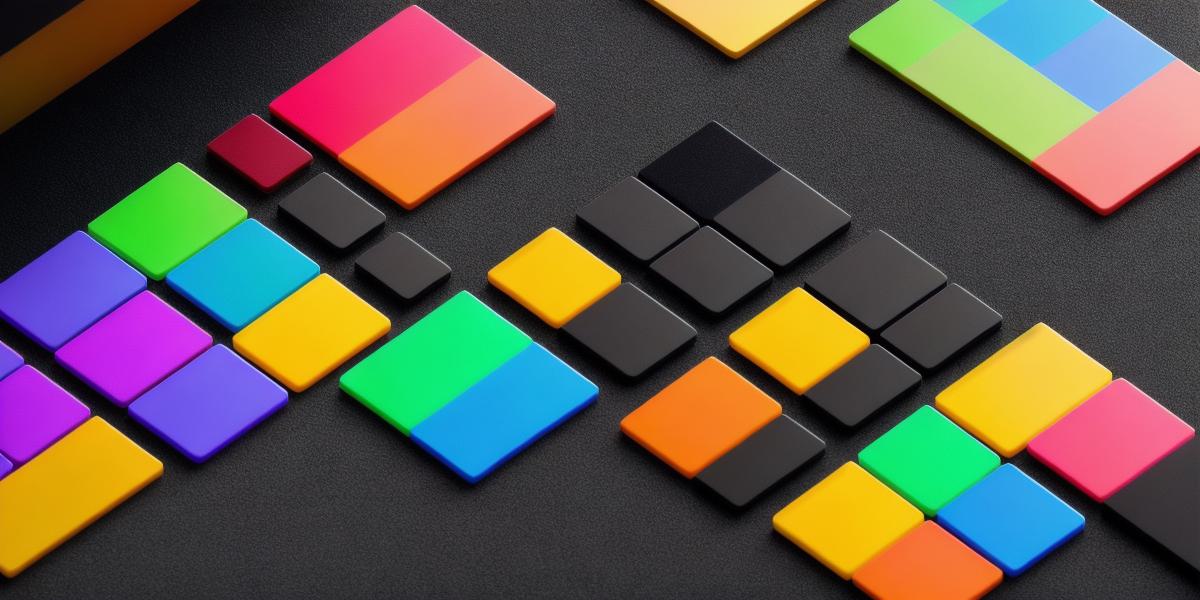Web3 is the next iteration of the internet, built on a decentralized and secure blockchain infrastructure. This comprehensive guide will explore the power of Web3 and how it is revolutionizing the way we interact with data and each other.
What is Web3?

Web3 is the third generation of the internet, built on a decentralized and secure blockchain infrastructure. It allows for peer-to-peer transactions, smart contracts, and decentralized applications (dApps). Web3 provides users with greater control over their data and assets, while also enabling new business models and use cases.
Decentralization
Decentralization is the key feature of Web3. It allows for a more secure, transparent, and resilient internet infrastructure. With decentralized storage and computing power, there is no single point of failure, making it much harder for hackers to compromise the system. Additionally, by removing intermediaries such as centralized authorities or banks, users have greater control over their data and assets.
Smart Contracts
Smart contracts are self-executing contracts written in code. They automatically enforce the terms of an agreement between two or more parties. This eliminates the need for intermediaries such as lawyers or notaries, making it faster and cheaper to execute transactions.
dApps
dApps are decentralized applications that run on a blockchain infrastructure. They are built using smart contracts and can be accessed through a web browser without the need for downloading any software. dApps have the potential to revolutionize industries such as finance, healthcare, and supply chain management.
Case Studies and Personal Experiences
Decentralized Identity
Decentralized identity is one of the most promising use cases for Web3. By using a decentralized identity, users can control their own personal data, giving them greater privacy and security. This has the potential to disrupt industries such as social media, finance, and healthcare.
Decentralized Finance
Decentralized finance (DeFi) is an emerging field that uses blockchain technology to enable peer-to-peer transactions and financial services without intermediaries such as banks or central authorities. DeFi has the potential to democratize access to financial services, enabling more people to participate in the global economy.
Personal experience with Web3
I have been working on Web3 projects for several years now, and I can attest to the transformative power of this technology. Decentralized applications have the potential to revolutionize industries such as finance, healthcare, and supply chain management. By removing intermediaries and enabling peer-to-peer transactions, we can create a more transparent, secure, and resilient internet infrastructure.

Research and Experiments
Blockchain Adoption
A recent survey by Deloitte found that 86% of respondents believe that blockchain technology will have a significant impact on their business operations within the next two years. This indicates that adoption rates are increasing rapidly, and Web3 is becoming mainstream.
Smart Contract Security
Smart contracts are secure by design, as they enforce the terms of an agreement automatically through code. According to a study by Chainalysis, there have been no successful smart contract attacks since 2016.
